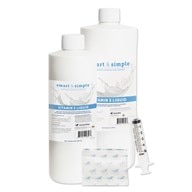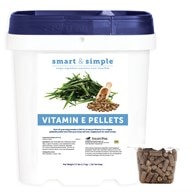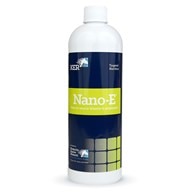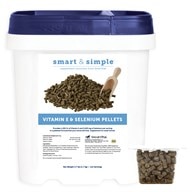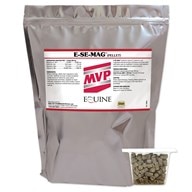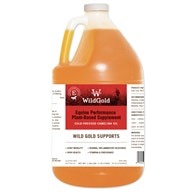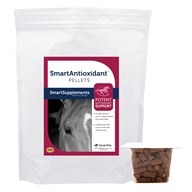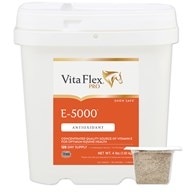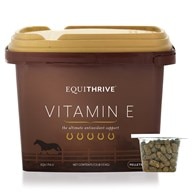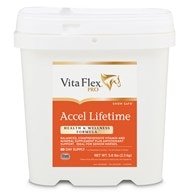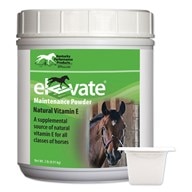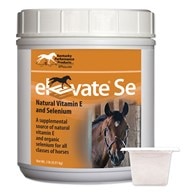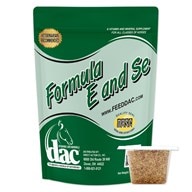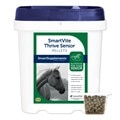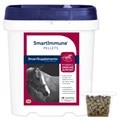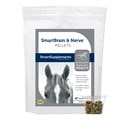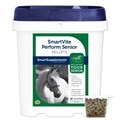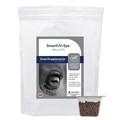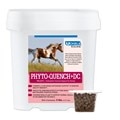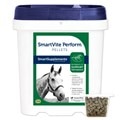Vitamin E
-
$31.95 - $121.00
-
$35.95 - $143.11
-
$90.20 - $94.95
-
$21.95 - $88.37
-
$21.39 - $172.45
-
$69.95 - $90.47
-
$35.95 - $76.79
-
$42.95 - $133.63
-
$42.95 - $70.47
-
$68.95 - $119.95
-
$15.95 - $257.84
-
$17.95 - $70.47
-
$26.95 - $33.69
- 10% off all Smartpak brand tack, apparel, blankets, and more
- Free shipping every day
- Exclusive sales & discounts delivered straight to your inbox
The Role of Vitamin E in the Horse’s Body
Vitamin E is most recognized for its role in cells and tissues as an antioxidant for horses. It is a fat-soluble vitamin not made by the body, meaning it must be completely provided in the horse's diet. Vitamin E works closely with its antioxidant partners selenium and vitamin C to help protect the body from damaging free radicals generated by exercise, illness, and other sources of oxidative stress.
How Much Vitamin E Does a Horse Need?
According to the Nutrient Requirements of Horses (NRC), the maintenance vitamin E requirement is 1 international unit (IU) per kilogram of body weight per day for adult horses, breeding stallions, and pregnant mares (500IU for a 1,100lb horse) and 2 IU/kg BW for growing horses, lactating mares, and horses beyond moderate work. The upper safe diet concentration is set at 1,000 IU/kg dry matter by the NRC, based on observations in other species.
Veterinarians may prescribe higher levels in the management of certain medical conditions, such as EPM and Equine Motor Neuron Disease.
Sources
Although synthetic vitamin E (dl-alpha-tocopherol) is absorbed by the horse, natural vitamin E (d-alpha-tocopherol) has been shown to be more biologically active. Learn more with this article about the benefits, uses, and bioavailability of vitamin E supplements for horses.
